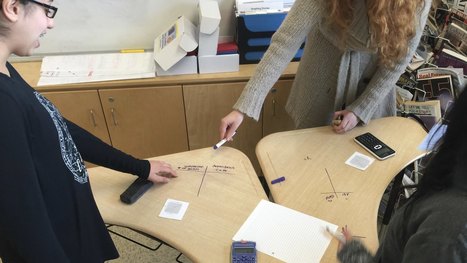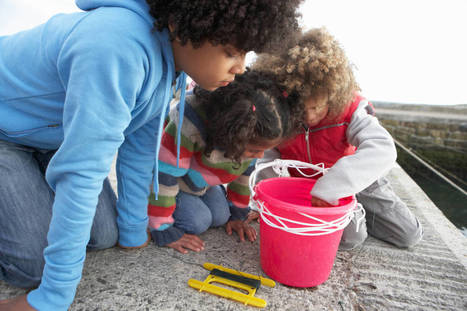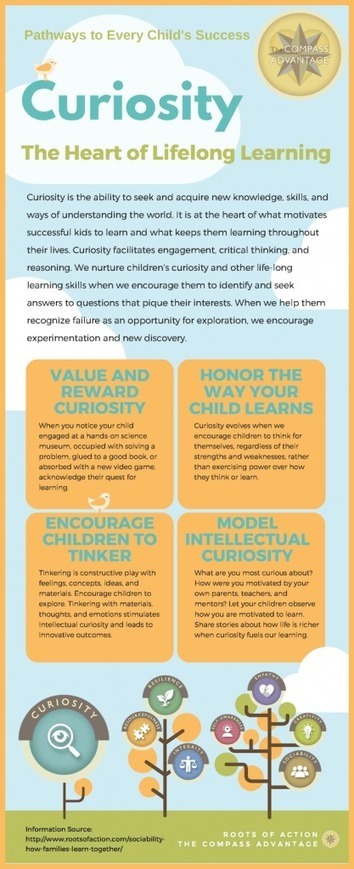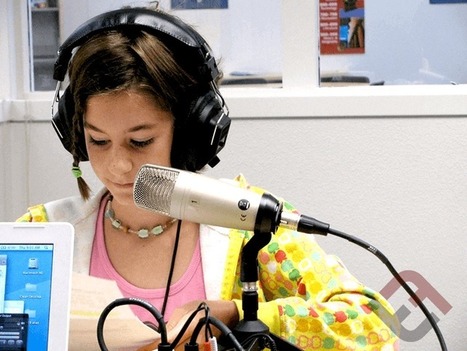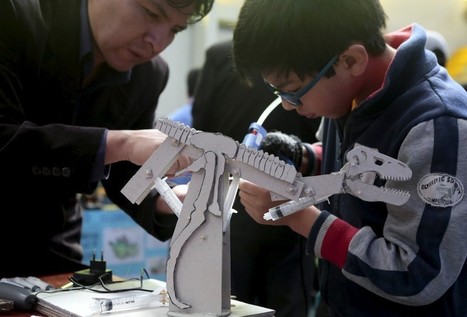"After dissecting our math lessons for over 3 years, we came to realize that we could classify the most important elements required to create memorable math moments in a 3-part framework we call “Making Math Moments That Matter”:
- Spark Curiosity
- Fuel Sense Making
- Ignite Your Next Moves
This framework is not intended to be three specific steps that must be followed in order, but rather three overarching elements that must be present in some form to ensure your lessons make math moments that matter to your students.
Let’s dive into each part of the framework to unpack each element."



 Your new post is loading...
Your new post is loading...

